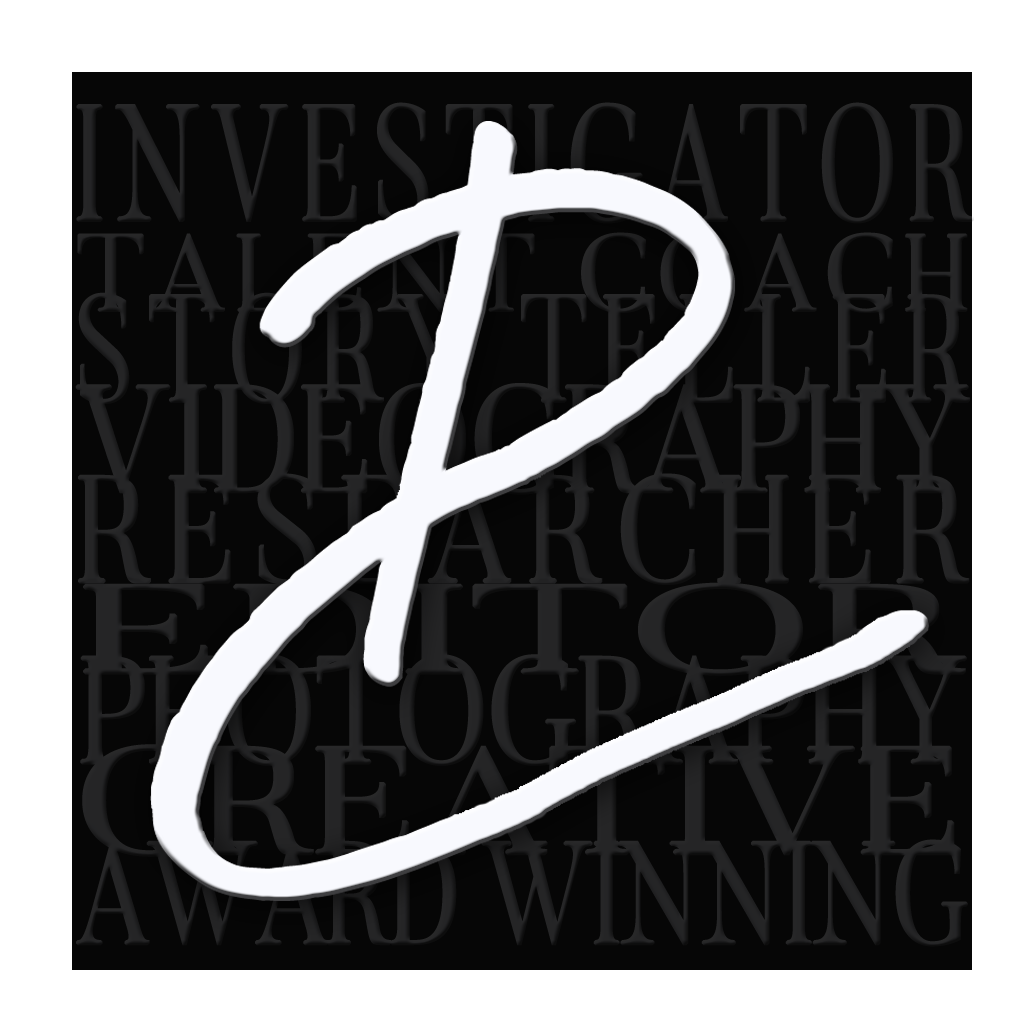 A friend of mine recently put out a call for people to talk about their college classes and what classes best prepared them for life in the media. The question got me thinking about my own college experience and how much my world and world view has changed since my time walking the halls at Missouri Southern State University. What amazed me is, while so much has changed, a lot has remained the same. I was never one to be satisfied with just one job and wanted to know how everything worked. My university’s broadcast department was a great fit, because it allowed me to learn everything. I could run an audio board, host my own show, edit, shoot, direct and even learned the basics of master control operations. What frustrates me is hearing so many people saying their college classes did not prepare them for work in the real world. Below is my response to my friend’s question and what I think prepared me the most for a world in journalism.
A friend of mine recently put out a call for people to talk about their college classes and what classes best prepared them for life in the media. The question got me thinking about my own college experience and how much my world and world view has changed since my time walking the halls at Missouri Southern State University. What amazed me is, while so much has changed, a lot has remained the same. I was never one to be satisfied with just one job and wanted to know how everything worked. My university’s broadcast department was a great fit, because it allowed me to learn everything. I could run an audio board, host my own show, edit, shoot, direct and even learned the basics of master control operations. What frustrates me is hearing so many people saying their college classes did not prepare them for work in the real world. Below is my response to my friend’s question and what I think prepared me the most for a world in journalism.
“The most important thing about any college education, in my opinion, is learning to be a critical thinker. I think this is a skill that has helped me as a journalist more so than any one class.Comm. Law was great, and I agree it has helped keep me safe, although if you leave the state you learn it in, don’t forget to study up. A journalist’s education never ends.My first video production class helped me understand the history of film/tape and editing and I learned how everything works. This has helped me to do anything I want to do. While you can do a live report just by putting a microphone on, if something goes wrong (as it often does) it helps to know why and how a mic works in order to troubleshoot so you can get on the air.As odd as it sounds, I took an Honor’s Theatre Appreciation class that was taught by our Honor’s director that I think helped shape my entire view of the world. That class offered rich discussions and taught me that even the leaders aren’t always correct and it’s OK to disagree with others, what matters most is the conversation.While no one class can prepare you for a world in the media, they all can shape you in to a person that will succeed. I’ve heard all too often, “college didn’t prepare me for the real world.” I tell those people that they didn’t prepare themselves for the real world. You can’t learn how to produce sitting in a classroom, but you can learn how to communicate with others. You cannot really learn how to conduct an interview in a classroom, but there is a class that will teach you communication styles that will let you learn about people and you can use that to get the best responses.Internships are crucial to learning the media world. However, like college classes the internship is only what the intern is willing to put into the process. I was lucky and landed at a small-market station that was short a nightside reporter. Which meant I got to shoot, write, edit and report. I also took the initiative to help the ‘traditional’ journalists understand that website-thing they just got and was responsible for creating content online. Intern should find a void and fill it. In a world of cutbacks there are jobs to do and the only thing stopping you from getting the best work experience is you not asking how you can help. Be willing to make mistakes, you will. What matters most is learning from those who have been there before and not making the same mistakes twice.I will admit, I was a cocky college student, who assumed I would just land my dream job as soon as I walked across the stage and accepted my diploma and other honors. I was wrong. I had the best education possible and I still struggled. I am still struggling to find my perfect position. Am I closer than I was in market 146? Yes. The difference today is that I’ve learned I’m not always right and sometimes, it’s not what’s next that’s important. Most of the time, what’s most important is making the most of where you are right now.”
